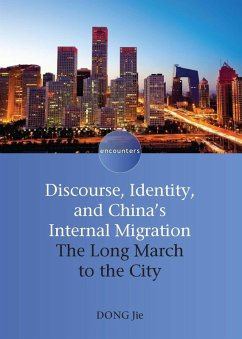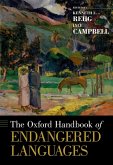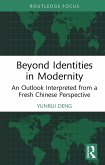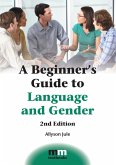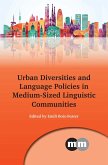Rural-urban migration has been going on in China since the early 1980s, resulting in complicated sociolinguistic environments. Migrant workers are the backbone of China's fast growing economy, and yet little is known about their and their children's identities - who they are, who they think they are, and who they are becoming. The study of their linguistic practice can reveal a lot about their identity construction as well as about transitions in Chinese society and the (re)formation of social structure at the macro level. In this book, Dong Jie presents a wide range of ethnographic data which are organised around a scalar framework. She argues that three scales - linguistic communication, metapragmatic discourse, and public discourse - interact in complex and multiple ways.
Dieser Download kann aus rechtlichen Gründen nur mit Rechnungsadresse in A, D ausgeliefert werden.

